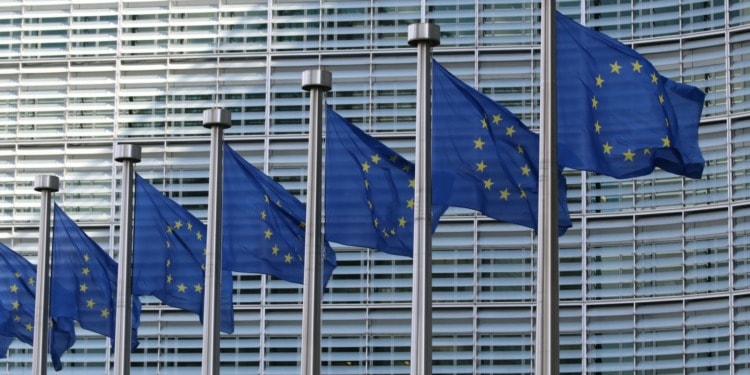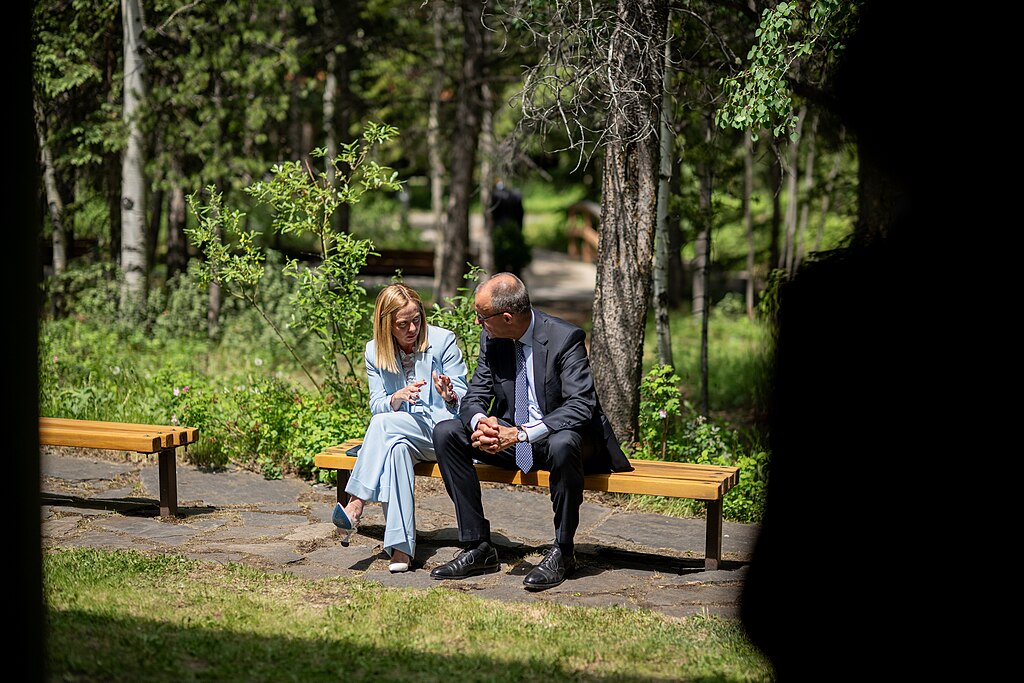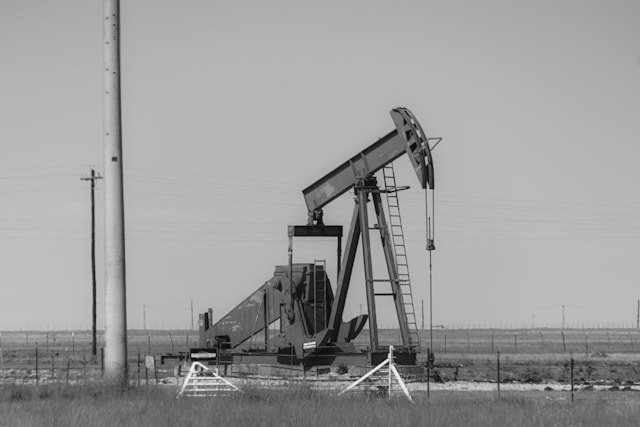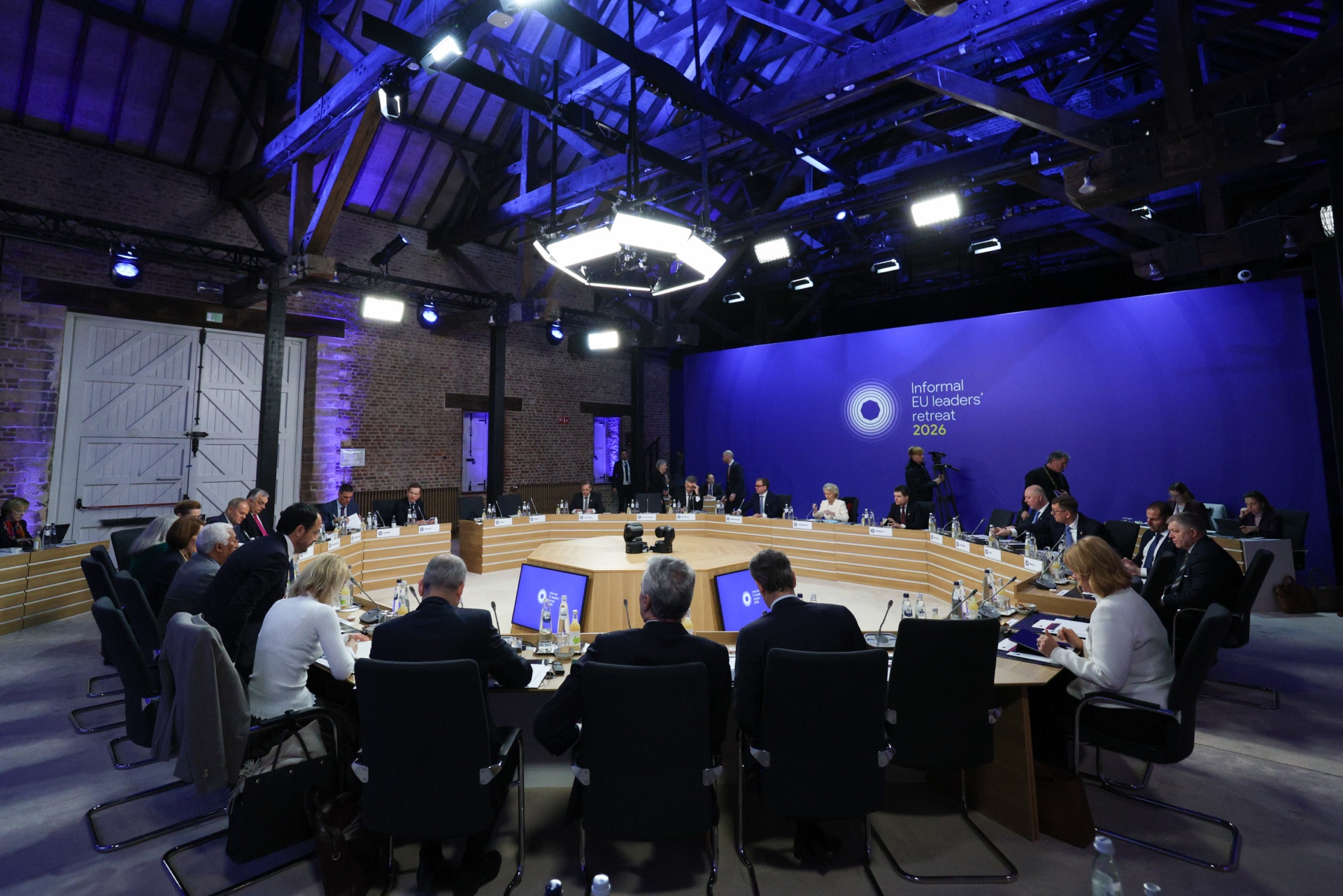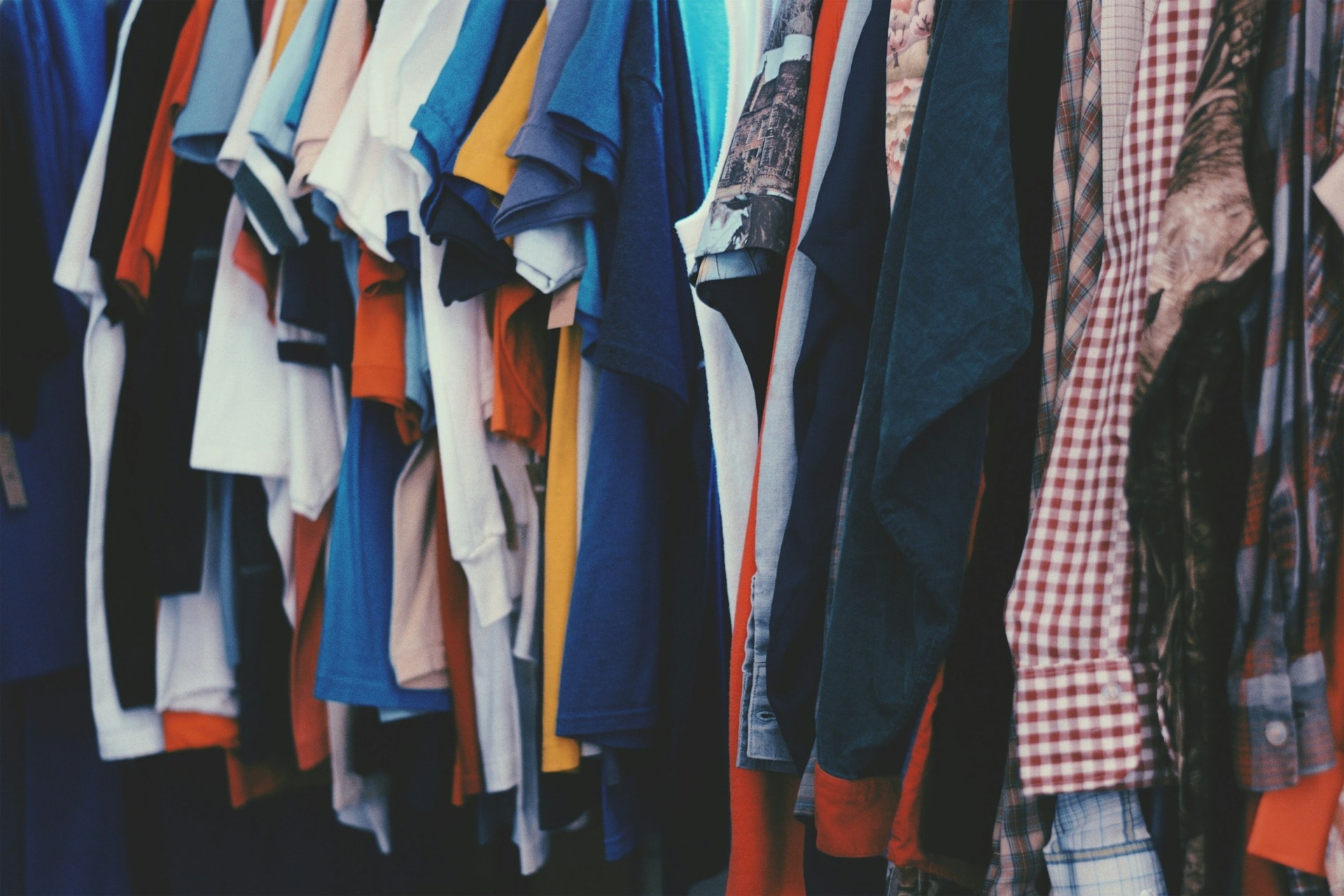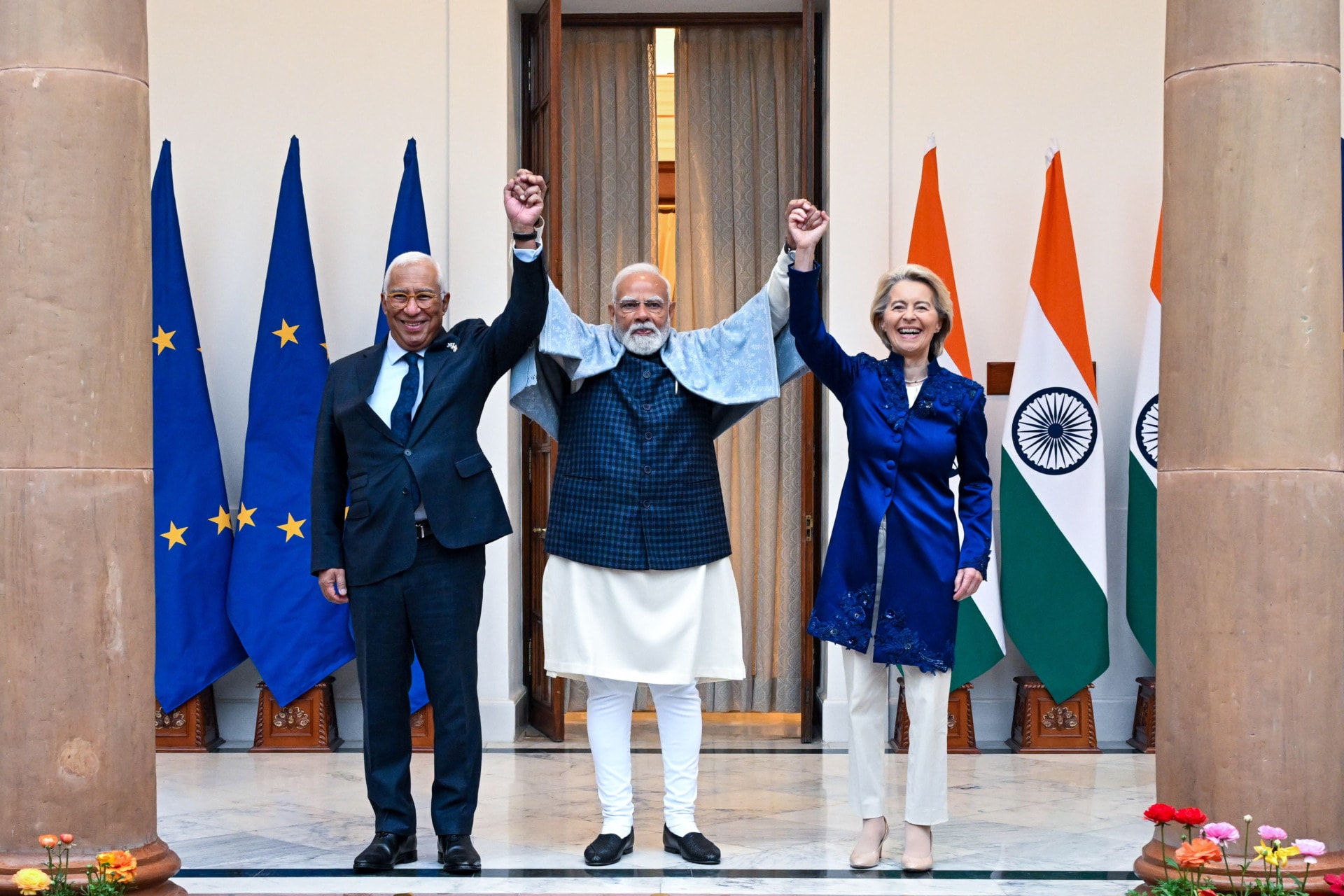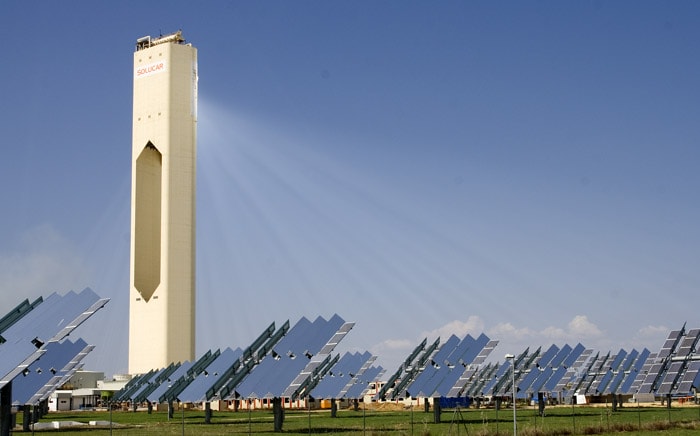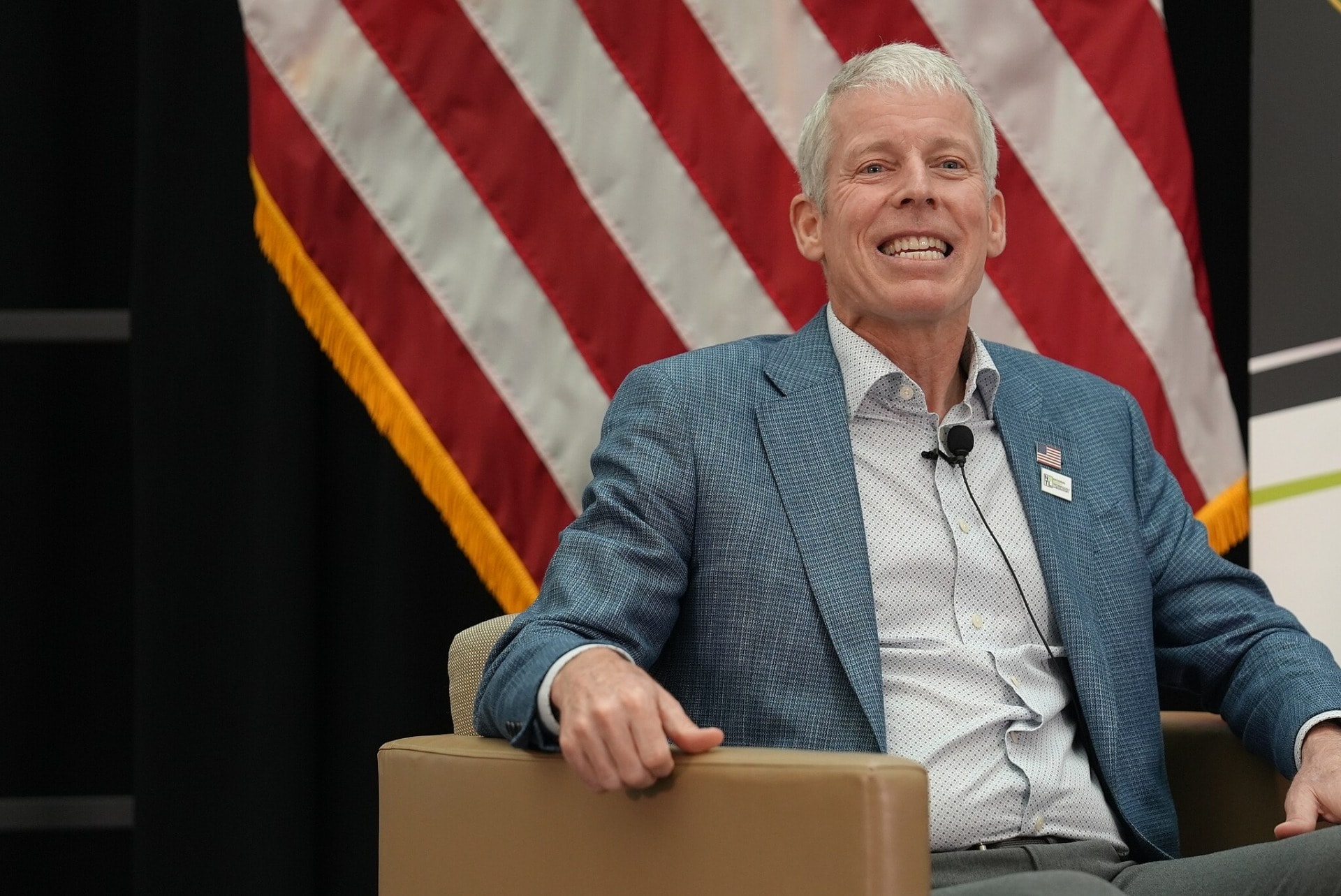Today’s ESG Updates
- EU’s Emissions in Carbon Intensive Sectors Halved Since 2005: Greenhouse gas emissions fell by 5% over a year in 2024 and by 50% since the ETS’s establishment in 2005.
- China Announces Sovereign Green Bonds For the First Time: The Chinese Ministry of Finance issued its first sovereign green bond.
- Shell Lowers Liquefied Natural Gas Production Outlook in First Quarter: LNG output is set to decrease with bad weather in Australia being cited as causes.
- South African Farm Workers Fight Back Against EU’s Trade in Pesticides: Pesticides which are deemed too dangerous for Europe continue to be exported. South African farmers say enough is enough.
EU’s emissions in carbon intensive sectors halved since 2005
The EU Emissions Trading System announced that its greenhouse gas emissions have halved since its establishment in 2005. There was a 5% reduction in 2024. In 2023, EU lawmakers agreed to increase the ETS’s scope by expanding its emissions targets in sectors including electricity, heat generation, oil, refineries, steel, cement, paper. According to industry, the report found that the power sector was the biggest contributor to the fall in emissions: emissions from electricity production fell by 12% in 2024. While emissions fell overall last year, there was a 7% increase in emissions in the fertiliser sector and a 15% increase in the aviation sector. Companies can stay up to date with emerging news and legislation using ESG tools.
***
Further reading: EU Cuts Emissions in Key Carbon Intensive Sectors in Half Since 2005
China announces sovereign green bonds for the first time
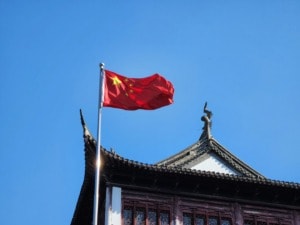
China’s Ministry of Finance announced its first sovereign green bond which is projected to raise RMB 6B to support projects and initiatives aimed at reaching environmental goals. These environmental goals range from climate change mitigation and adaptation to natural resource and biodiversity conservation. The bonds made their debut on the London Stock Exchange also being the first green bonds to be listed on an international market. The fact that these bonds have been posted on the London Stock Exchange follows the development of closer UK-Chinese relations. The MOF’s green bond framework, initially published in February outlined eligible categories of expenditure for green bond funds. These include: clean transportation, sustainable water and wastewater management amongst others.
Photo Credit: Dominic Kurniawan Suryaputra
***
Further reading: China Issues its First Sovereign Green Bonds
Shell lowers liquefied natural gas production outlook in first quarter
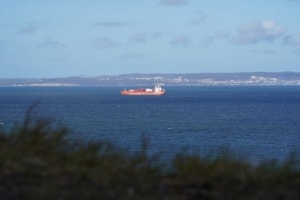
Shell announced that its production outlook for liquefied natural gas has decreased. The British energy company cited the impact of bad weather in Australia. Initial forecasts predicted LNG output to reach between 6.6 million and 7.2 million tons but they are now expected to reach between 6.4 million and 6.8 million metric tons. Despite the decrease in LNG production, gas division trading results are expected to be in line with the previous quarter. The company also narrowed its overall oil and gas output forecast
Photo Credit: Daniel Schuh
***
Further Reading: Shell lowers first-quarter LNG production outlook
South African farm workers fight back against EU’s trade in pesticides
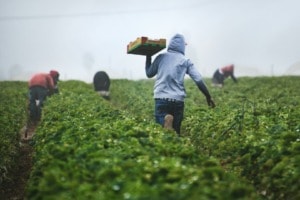
Dina Ndelini, a South African farmer who had worked on vineyards for over 40 years was suddenly struck with a shortness of breath. Following a hospital visit, her doctor decided that the most likely culprit for her symptoms were exposure to Dormex. Dormex is one of the many chemical fertilisers which are produced in Europe and exported for use in third world countries in South Africa. Dormex was declared ‘ashingly dangerous’ by the EU Chemicals Agency and has been banned in the EU since 2009. So, why is it being exported from Europe, used in third world countries with its products then returning to European shelves? This is the question that many South African farmers asked at the People’s Tribunal on Agrotoxins held in Stellenbosch on 21-23 March. Farmers at the tribunal cited ‘double standards’ and how European consumers are not aware of the secondary implications of the wine they are drinking. This tribunal though small in its scope, has certainly incited discussions in the blatant iniquities of the global agricultural sector.
Photo Credit: Tim Mossholder
***
Further reading: Dying for a glass of wine? South African farm workers fight EU’s ‘toxic trade’ in pesticides
Editor’s Note: The opinions expressed here by the authors are their own, not those of impakter.com — Cover Photo Credit: Guillaume Périgois


